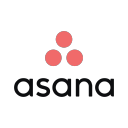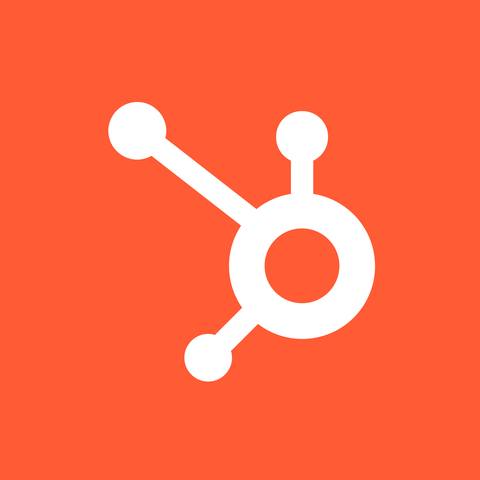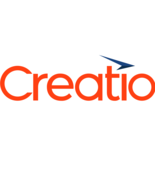

Wrike Reviews & Product Details
Harping on its versatility, Wrike is a project management software that features highly customizable dashboards and workflows and team-specific automation to give businesses a project platform that adapts to their current ways of working and not the other way around. Wrike’s functionalities involving over 400 tools revolve around giving a 360-degree view of projects, true interdepartmental collaboration, approvals acceleration, smarter data use, efficient workload management, and enterprise-grade security. Wrike has more than 30 well-documented use cases involving more than 15 departments and teams. Wrike also has a proprietary AI-powered capability called Work Intelligence that catalyzes results through smart automation and project risk prediction.


| Capabilities |
|
|---|---|
| Segment |
|
| Deployment | Cloud / SaaS / Web-Based, Desktop Mac, Desktop Windows, Mobile Android, Mobile iPad, Mobile iPhone |
| Support | 24/7 (Live rep), Chat, Email/Help Desk, FAQs/Forum, Knowledge Base, Phone Support |
| Training | Documentation |
| Languages | English |
Wrike Pros and Cons
- Easy to use Gantt charts
- Customizable dashboard and schedule
- Comprehensive reports and insights
- Time-tracking tools included
- Excellent customer service
- A little pricey
- Can be difficult to get used to at first
- Frequent reports of unresponsive support
- Recorded incidents of unreliable software functionality
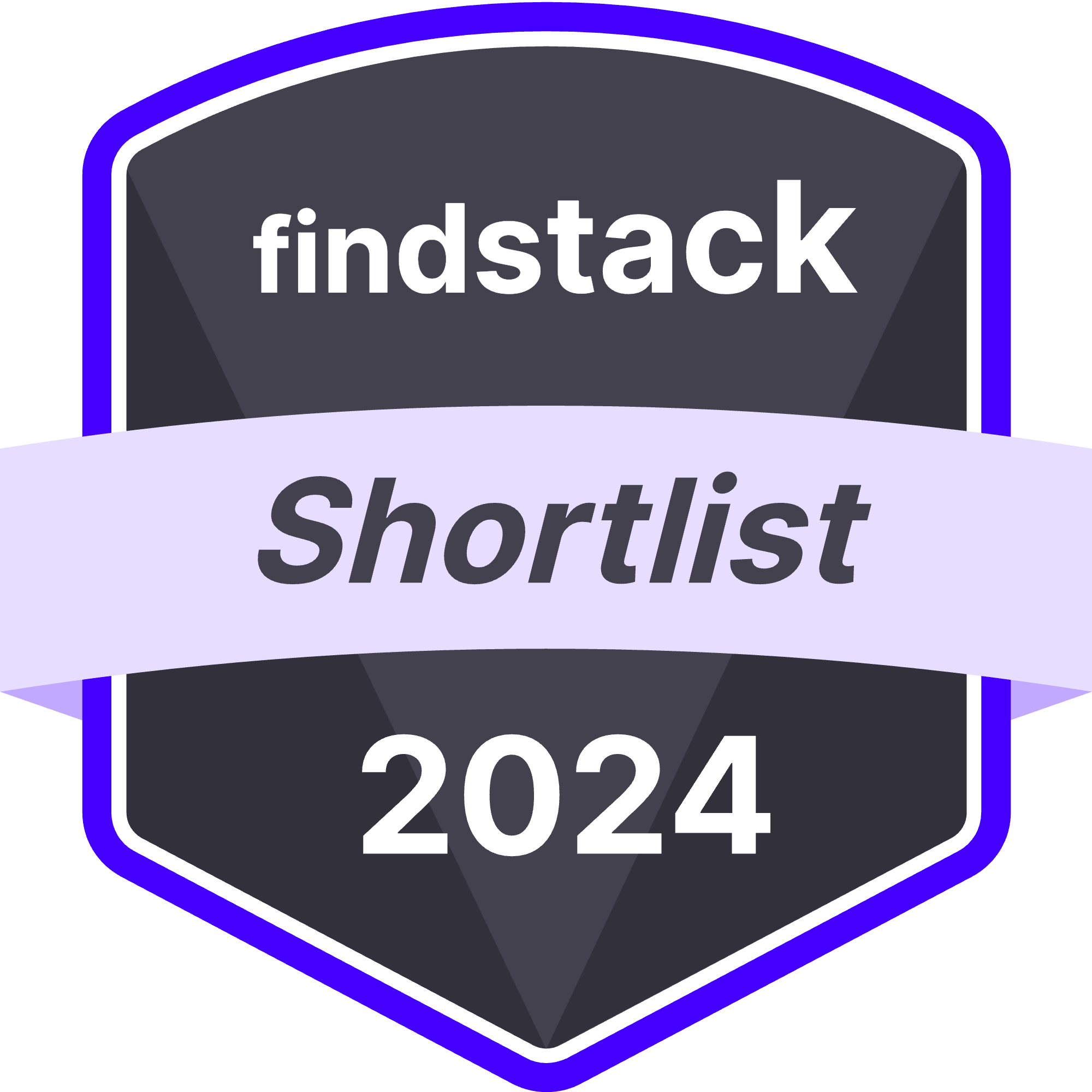
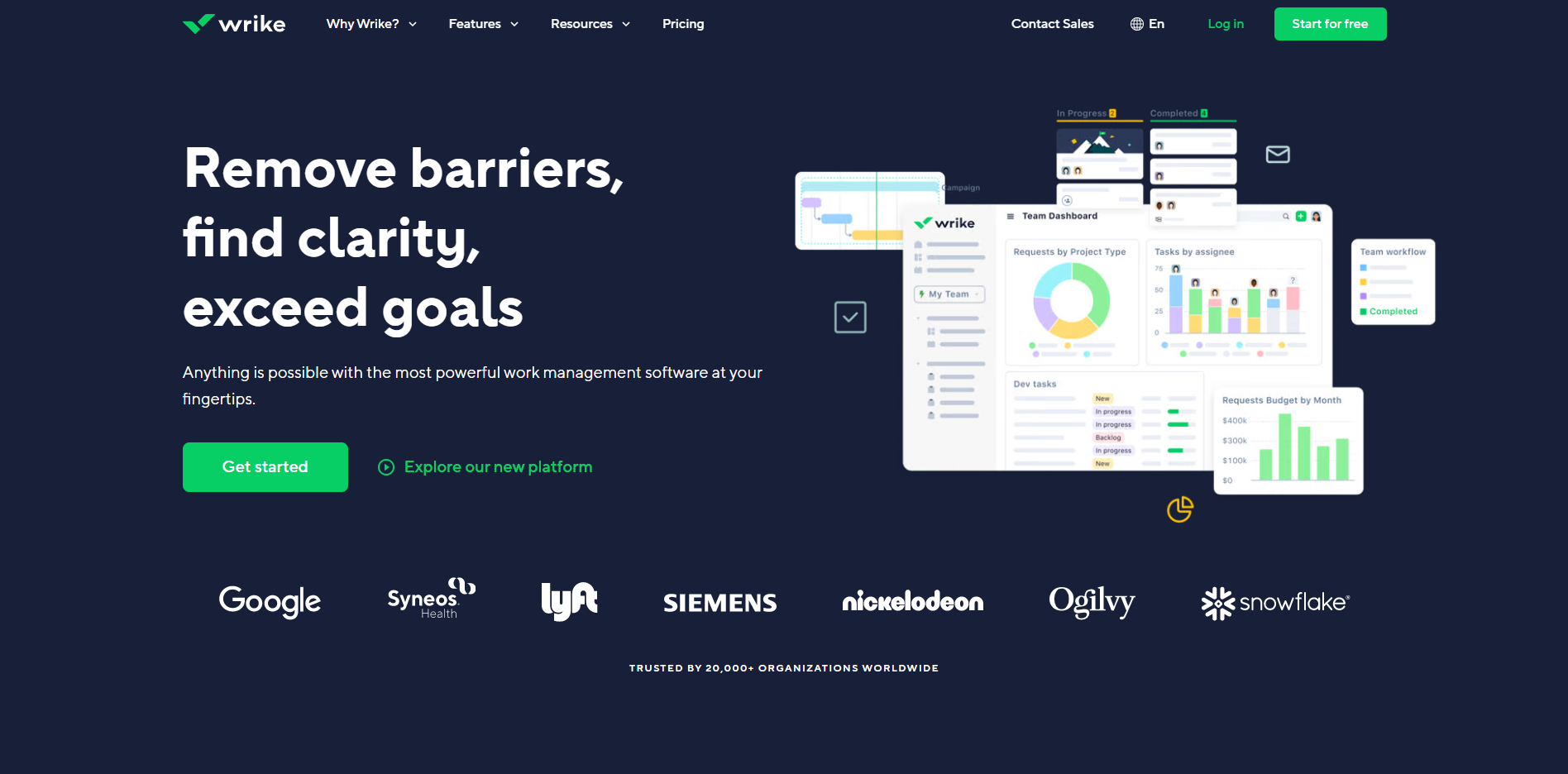
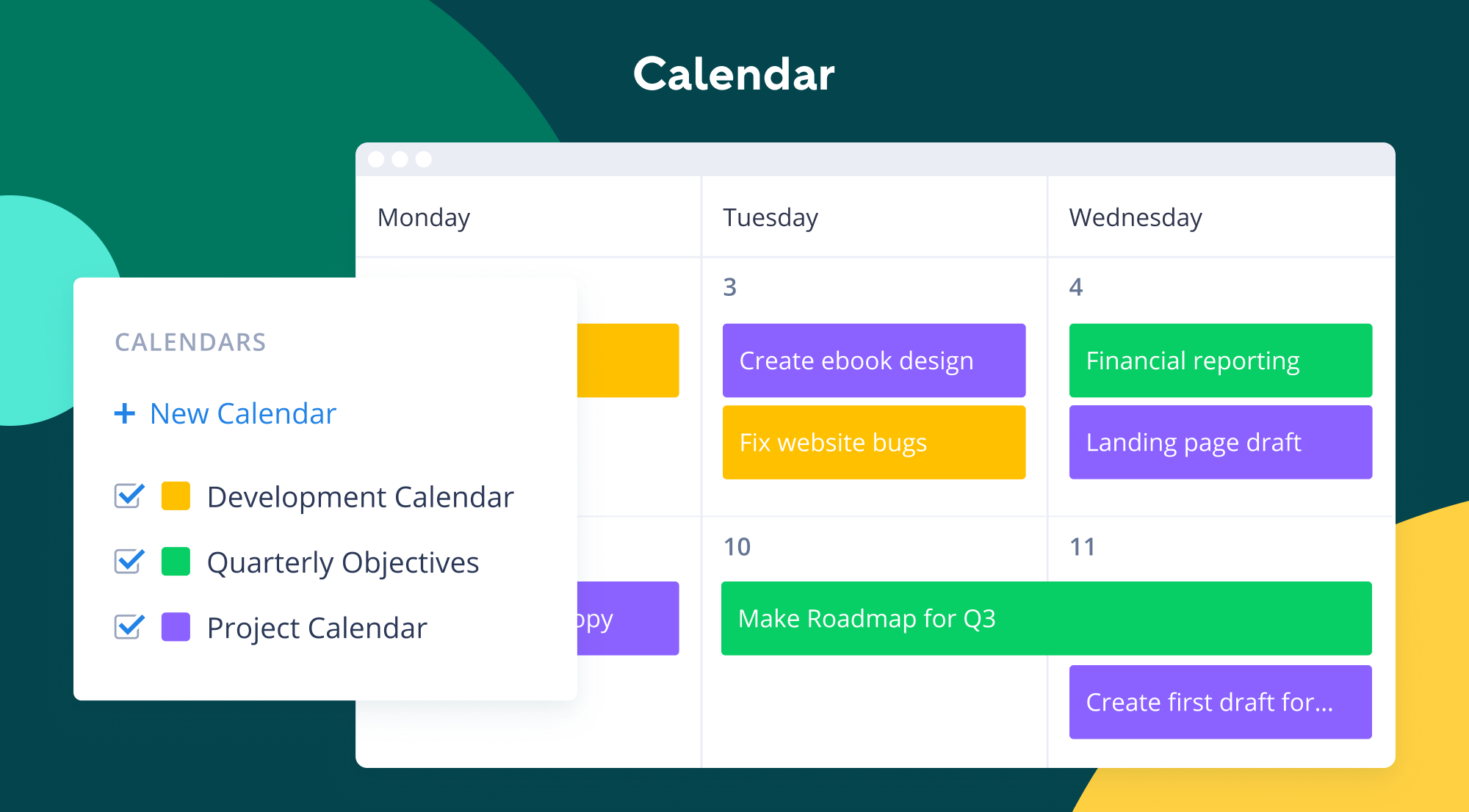
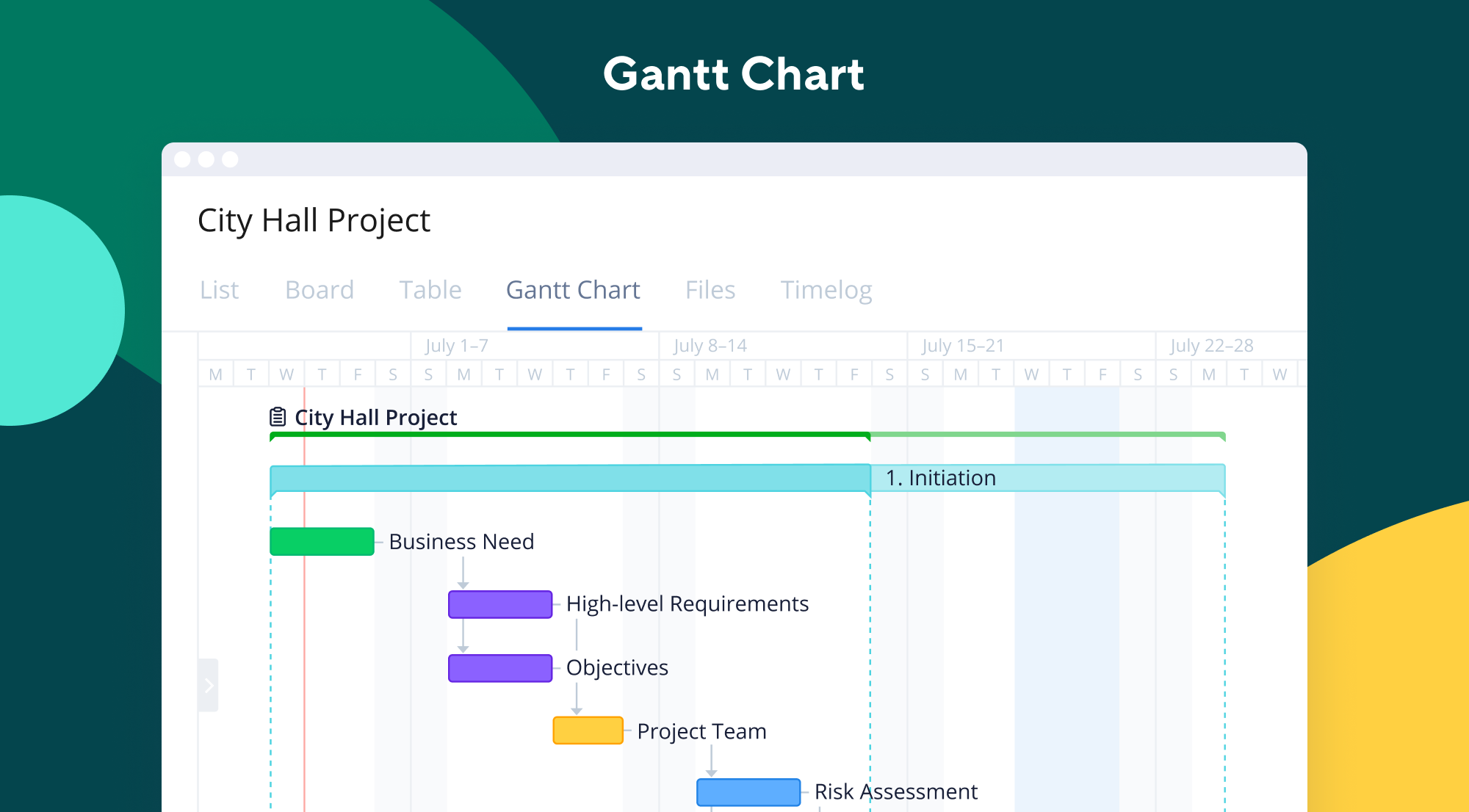
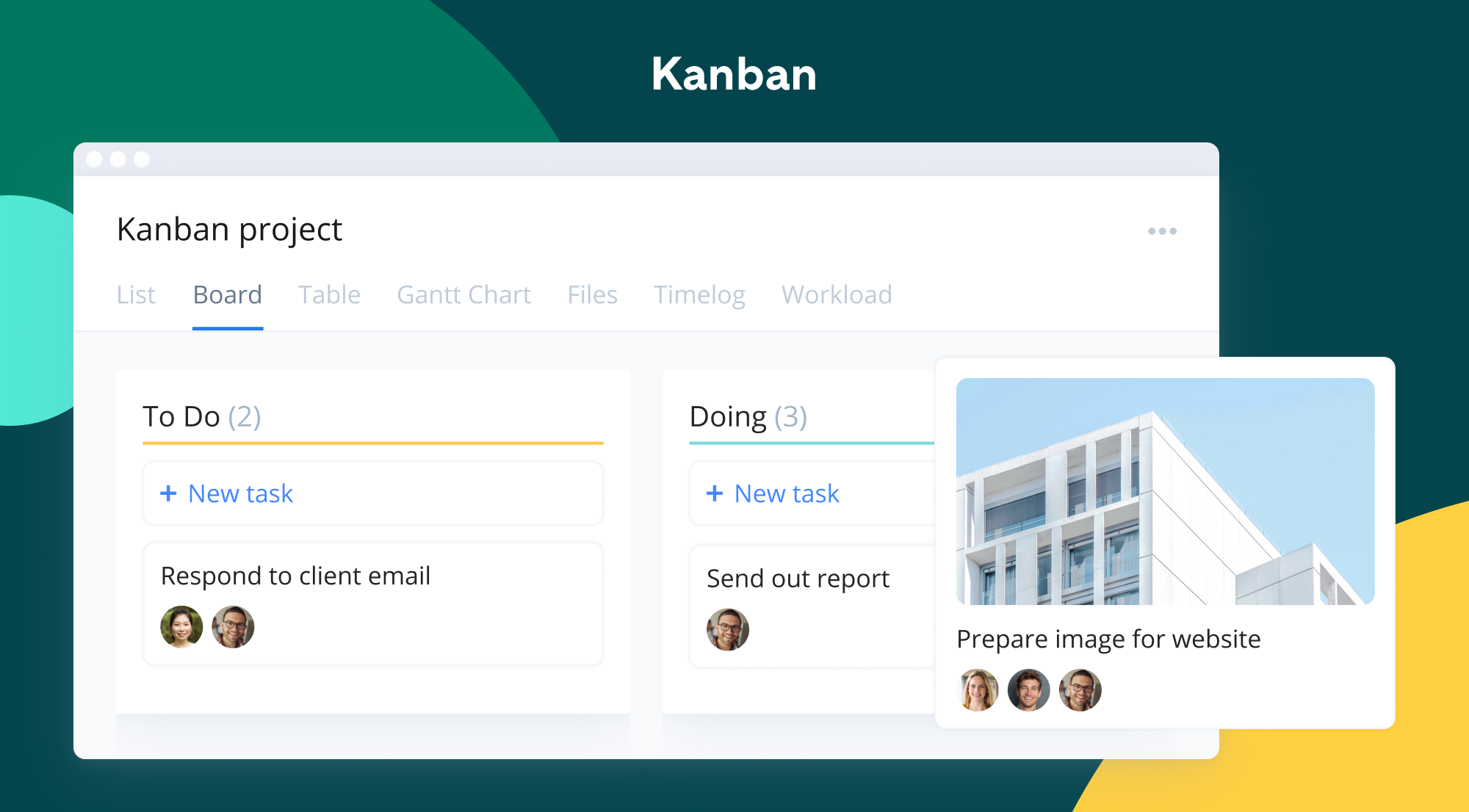
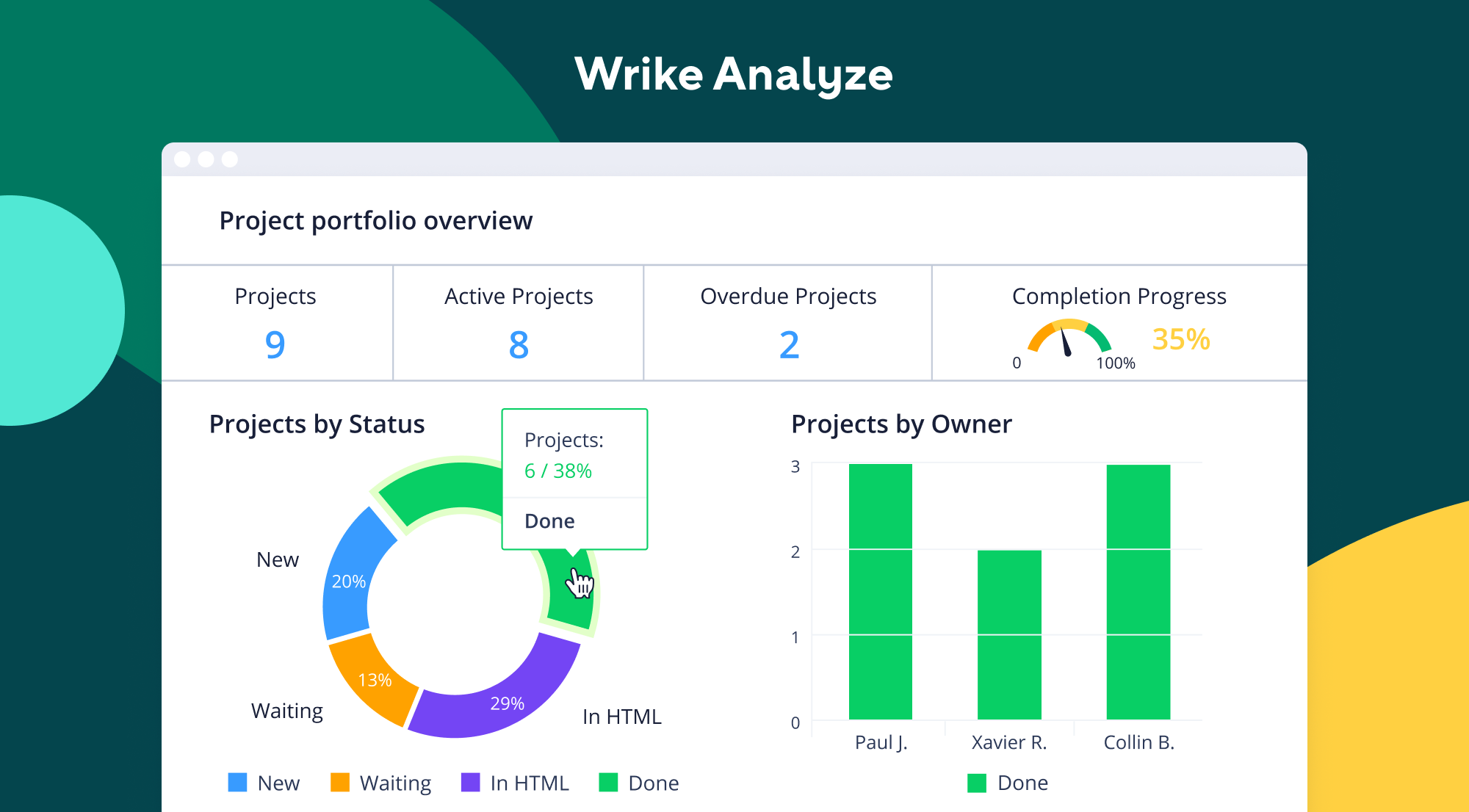
Wrike Review: Is It the Right Project Management Tool for Your Business?
Wrike has been empowering professionals and teams to better manage their work since its launch in 2006. It’s a comprehensive solution for professional service providers, marketing teams, and agencies. But all this versatility comes with a high price tag.
Is it worth it? In this Findstack review, we’re going to find out.
What is Wrike: A Quick Overview
Wrike is an all-in-one work management platform that helps teams collaborate, plan projects, delegate tasks, and track progress. The platform offers a range of plans designed to meet the needs of almost any kind of business. Whether you’re a solopreneur or a department head at a Fortune 500 company, Wrike has a plan for you.

Wrike’s power lies in its ability to support both project management and collaborative work, which explains its appeal to a wide range of industries. The tool boasts a user-friendly dashboard that’s pretty simple to set up. It’s also very easy to create tasks, assign them to team members, set due dates, and track their progress.
Getting Started With Wrike
Wrike is one of the more intuitive project management tools for a new user to get started with—especially compared to competitors like ClickUp.
Wrike is available to users via web browser, desktop application, and mobile application for both Android and iOS devices.
To get started with Wrike, new users have the option to register for a free account using their business email. Once the email address is verified, users will be redirected to Wrike’s homepage to complete the initial registration process—which involves a guided walkthrough.
How Wrike Works: Key Features
Dashboards
If you’ve ever used a project management tool, Wrike’s Dashboards will feel very familiar.

For every project you create in Wrike, you can create Dashboards to display, manipulate, and analyze the project data that you’ve collected within it. They essentially give you an overview of project KPIs, metrics, due dates, and progress at a glance—saving you the hassle of seeking out each piece of data at the source.
When you create a Dashboard, you can start with a template or build one from scratch. If you go the latter route, you have quite a bit of flexibility thanks to a modular design and a wide selection of interactive widgets, including:
- Assigned tasks
- Overdue tasks assigned to you
- Overdue tasks that you assigned
- Tasks you’re following

Wrike is unlike a lot of project management tools because everything you need is right at your fingertips. You don’t need to navigate to another window to see it all.
Automation
Like most modern project management tools, Wrike features an automation engine that works in the background to synch related tasks, assign workloads, and ensure tasks are completed on time with botted @mentions and comments.

Wrike’s automation engine may not be the most complex or versatile on the market, but it’s intuitive and practical. There’s no feature bloat here—every feature is sure to get some use.
Integrations
On a related note, Wrike’s automation capabilities are supported by 400+ integrations with third-party tools. Pretty much every tool category is covered, including:
- CRM
- Communication
- BI
- Calendar
- CMS
- Storage
- Accounting
- Reporting

Integrating Wrike with other tools in your stack is a great way to cut out some busy work from daily workstreams and improve productivity. It’s also a surefire way to minimize human error.
Live Analytics
Wrike automatically updates every report, chart, and dashboard every 15 minutes, so you never miss a thing. 
That’s a huge benefit—it means project managers don’t need to manually collect and input data from multiple sources to draw meaningful insight. Less time on busy work means more time analyzing the data for patterns, trends, and inefficiencies.
This feature is also great for project managers who are juggling multiple projects. They get a real-time overview of project statuses, team workloads, pending approvals, and tasks waiting to be assigned, so they can easily prioritize work and make meaningful progress.
Customizable Forms
Wrike has a custom form builder that you can use to create almost any kind of form—from simple team surveys to content request forms.

Wrike’s forms are fully customizable, and you can take advantage of role-based access controls to grant or deny access to certain pages or sections. Plus, when you create a new form, it can automatically assign tasks, set due dates based on the submission date, and populate subtasks.
Enterprise-level project management tools
Wrike offers advanced project management tools that you can access on your Home workspace to help you measure key performance indicators.
These tools include time tracking to assist in managing billable hours, visualizing cost and budget calculations, and business intelligence to assess project risk. While these tools are particularly useful for large enterprises with complex needs and a variety of teams, they can also be beneficial for small businesses that plan to scale.
In addition, the platform allows you to share files and publish assets with enterprise-grade security. The sheer number of features may be overwhelming for teams new to project managers, but Wrike provides great walkthroughs and tutorials. You may even discover features by accident that end up accelerating your workflows.

Wrike offers pre-built templates based on team roles to simplify task creation. Some of these templates include:

- Project performance templates
- OKR templates
- Weekly to-do list templates
- Kanban board project templates
- Agile and IT templates
- Content operations templates
- Quarterly business review templates
- Ticketing and help desk templates
Collaboration Tools
Wrike—like most project management tools—is designed to make it easier to collaborate with your teams.
All team members have access to a global or project-based live stream of task activity, so nobody is left behind. Team members can easily communicate on specific tasks via comments and notes so that conversations are kept organized. Shared team calendars can be added to the dashboard to help with awareness of progress and submission dates. 
You can also invite third parties such as clients, vendors, or contractors, at no extra cost, to view the status of their projects and provide input that goes towards successful project completion.
Wrike Use Cases
Wrike’s use cases are quite impressive. Over 20,000 companies in over 140 countries have relied on Wrike to streamline their planning processes. These are companies that span a range of industries, including:
- SaaS
- Technology
- Healthcare
- Education
- financial services
- Construction
- Manufacturing
- Retail
What makes Wrike stand out from other project management platforms?
Wrike’s easy-to-create (and even easier-to-understand) Gantt chart view sets it apart from many other popular project management platforms. Plus, Wrike offers a range of other views, such as List, Board, Table, File, and Timelog. While this isn’t unique to Wrike, it isn’t super common to have that much flexibility,

Overall, Wrike’s differentiating factor is the ease with which you can use it to manipulate project data to gain new perspectives and insights.
Wrike Pricing
Wrike offers a total of five plans, starting from a basic Free option, all the way up to an advanced Pinnacle option for large enterprises with complex needs. Paid plans start at $9.80 per user per month, making Wrike’s pricing a bit more expensive than most other project management tools.
Here’s a breakdown of the plans: 
- Free: Wrike’s free plan is suitable for small teams that are just starting with project management software. However, it has limited feature options, including 2 GB of storage space, and excludes Gantt charts, time-tracking, and many customization tools. The number of active tasks for a free plan is also limited to 200, which can be limiting even for small teams.
- Team: This plan starts at $9.80 per user per month and is tailored for small teams that want to plan and collaborate on projects. Fortunately, this plan does include the Gantt chart view, 2 GB of storage per person, and the option to integrate with a wide range of services.
- Business: Priced at $24.80 per user per month, this plan provides access to advanced project management tools. The Business plan has everything you may need for project management for a large team (up to 200 people), with 5 GB of storage per person.
- Enterprise: The Enterprise plan does not have a stipulated price because Wrike will draw up a plan depending on your business needs. It is a plan to consider for large businesses that require more security controls.
- Pinnacle: This plan is for large businesses with complex work needs, including billable hours tools, job roles, and tools for planning and tracking effort put into different projects. It comes with 15 GB of storage per person.
Pros and Cons of Wrike
Pros:
- Wrike offers plans for everyone, from small teams to large corporations.
- Real-time analytics are updated every 15 minutes.
- Wrike offers department-specific solutions which help different departments across your business align and communicate projects on one platform.
- Special customization is available for professional services and marketing and creative teams.
- Wrike offers training resources to help you get started on the platform.
- The free plan offers up to 2 GB of storage.
- It supports eight languages.
Cons:
- Although the project dashboards are user-friendly, those new to project management software may find Wrike overwhelming due to the wide array of features.
- Wrike’s costs can be a burden for mid-sized teams – there are cheaper project management tools with roughly equivalent features.
- Many of Wrike’s useful advanced features are offered as add-ons that can effectively double the price of the tool.
- The mobile app is not as user-friendly as other project management apps (e.g., Click Up). Managing tasks from the mobile app is not as smooth as using a desktop, and you may find that you’re unable to move and edit tasks.
- The interactive Gantt chart view is only available in the paid plans.
- The time-tracking in-app timer is only available on the Business plan and higher, and even small collaborative teams should be able to benefit from this feature.
Is Wrike right for your business?
Wrike is a comprehensive project management platform that also functions as a collaborative work management tool, making it ideal for businesses of all sizes. If you offer professional services or are part of a marketing or creative team, you can certainly benefit from Wrike’s highly customizable features.
It’s important to note that Wrike can be a bit pricey—especially with add-ons. Plus, it may be a bit overpowered for small teams who are looking for simple project management capabilities. That said, it’s a solid tool for managing multiple departments and complex projects.
If you want more insight and information into other project management software, Findstack has more helpful reviews you can take a look at.

The ability to easily make custom requests
Can not copy a current work space for other clients
Getting teams to give better more quality information
I love the ability to utilize templates for recurring tasks. I also use the sub-task option often. The drop-down feature for status is beneficial for multiple reviews.
I have issues with my homepage view being beneficial to my needs. I feel like this could be organized better to refelct the most current tasks. I also am hesitant to remove accounts that I am on but not needed in fear of deleting. I would like to see a more accessible option for the removal of notifications.
Timing and planning ahead to provide my team with adequate time to complete tasks and ask questions if needed. This allows our team to provide documents for a quick turnaround and review.
What I liked best about this tool was how quickly you can get going, even with deploying quite rapidly to solve the needs of an entire creative team at my organization. I was able to get the tool going and perform some pretty complex workflow automation in a brief period.
I have given feedback to the product team regarding the iOS and iPadOS apps. They are solid for a quick reply to work items my colleagues tag me on, updating project and task notes, and updating statuses. However, I feel there is a mountain of possibility with integrating some of the web app features into the mobile version of the platform.
We primarily manage our creative workflow in the tool for the Marketing team, with high volumes of requests monthly. We have already started to realize added efficiencies and through analytics we are finding even more way to improve.
Easy to build Gantt Charts and Calendars. I've had members of my team jump in and help out as well.
I wish I could connect it with my Outlook calendars.
Forward project planning and keeping and eye on deadlines.
I've used Wrike across Adobe APAC creative and digital workloads, and now in HammondCare, and I would implement it again in a new company. It's a very intuitive platform that allows you to easily track and monitor all your team's tasks and projects. The system has many nuanced features that allow planning and tracking projects in real-time, plus time through forecasting and planning. It truly is the best trafficking platform on the market in my eyes.
I would like to be able to feedback on product development, as having worked intimately with the platform for many years, I have come across tiny things that would really benefit of being developed.
Trafficking, planning, forecasting, team project allocation, project reviews, approvals, WIPS, internal/external resources management.
I love seeing my day-by-day errands in various ways. It's assisted us with rapidly traveling through undertakings and tasks without setting as numerous gatherings. It is intuitive and straightforward to set up activities and performances on Wrike, relegate them to suitable groups, and team up on projects.
I wish that the hunt bar on the left-hand side was as yet accessible so I could look by organizer rather than by errands. Having more instructional exercises once the mix is finished for cutting edge clients would be exceptionally useful.
We are making structures to assist with restricting the spotlight in what our group needs to create for a web-based course. We are additionally tackling adaptable ways of rehashing cycles and steps when we have fresh recruits and turnover across our groups.
Wrike is an adaptable item that helps inward and outer partners oversee and team up on projects while lessening messages and accounting page work. This has assisted us with getting a fair of everyone's time across the organization and sorting out perusing.
I can have an overpowered and confounded outlook on the positions and subtasks. That may be how my organization utilizes Wrike and not Wrike's shortcoming precisely. Copy ways of getting to and view undertakings and envelopes can be befuddling to explore.
I'm addressing a ton of various archive variants issues with Wrike. When things don't get transferred to wrike, and there are numerous email chains going, I never know what's the most recent rendition of things.
Wrike is continually enhancing and delivering new elements to address business needs that we can add partners to assist with further developing partner commitment and correspondence by giving them access just to the things that they need to see.
The shortcoming of the clock. We couldn't imagine anything better than to have the option to involve this element as a method for following partners' experience on a venture, yet it isn't entirely practical to do this with the clock's present arrangement.
AS our group develops, it turns out to be an ever-increasing number of vital that we can team up on ventures and separate them into more modest errands so that more individuals can deal with working on our item.
Wrike gives us Insight to all company projects and accelerated communication between teams.
The training was a little overwhelming, Lots of great information but a little overwhelming.
We are using emails less because we communicate within Wrike. As company leaders we have better insight to projects details and timelines.
I usually have 12 to 20 projects going at once, all different stages, with different people involved. With Wrike, we all can see who is doing what, where, when. The best part? Getting notifications via email helps me keep on top of things at a glance.
Although I've been using Wrike for 10 years, I still select the wrong icons because the one with three dots appears in multiple places for different purposes. This is pretty poor user interface design.
We have many teams working on projects (designers, media, QA, project managers, coordinators, builders). Keeping track of who is working on what part of the project, has finished their piece, or is waiting on a question or deliverable would be a nightmare without Wrike. The ability to pass tasks back and forth between teams via the workflow/status is handy.
Ease of use Intuitive Customizable Built-in reports
I love Wrike but sometimes find it a bit long to load, specially on the desktop app.
Tasks creation, attribution and tracking. We also use it to track the progress on projects, plan our ressources and for various reports.
From the start, the best aspect of Wrike is explaining Project Management from a macro Methodology approach for your company down to the micro of how to be efficient using the tool, Wrike's app, to apply such strategies. I love the different views options and reporting methods. The automation aspect with Workato clears up most of the issues with Wrike talking to other apps. Also, I prefer a desktop app for PM software.
Dislikes are tough because this is a project management tool that works and has your operations set up beforehand...maybe lackluster client services help even when you pay for the upper premium subscriptions
We solved our time tracking issues for every project using blueprints and reminders to track time on all tasks. We also organized all projects and clients using their new UX/UI.
I like how user-friendly it is. Anyone can jump in and use it even if they've not had as much experience. Makes sharing and collaboration easy. Love the Gantt charts and real visibility for completion!
I wish you could do more with the online program but that's an easy fix with downloading the app. That's really it! Big fan of this tool.
I am not a current user. When I used it it was great for assigning people to tasks and knowing who was finished with what. Great for being able to combine information/drag things.
The ease of access and the training, genuinely second to none! It makes project management an option for every business regardless of your size. The blueprints (templates) that are ready-made and available help with the ease and construction of building up your team.
I am not a fan of how many Wrike Account Managers we have had in the past year. We have had 4 within an 11 month period. There is also a bit of a learning curve but ultimately if you are willing to learn.
Project management, and event planning. The ability to work in one place is a HUGE help for our company. This also helps with accountability and being able to track where we are in the process of various tasks.
It is a great collaboration tool coupled with project management capability and has - cloud storage services.
To include a free storage space. Other than that there is nothing else.
This is simplify the internal collaboration process in managing the internal as well as external client projectsz
The ability to project manage, connect colleagues to tasks, and overall keep projects moving with all parties participating. It has been a great tool for my team to utilize.
I have no dislikes, other than sometimes the dashboard can be busy and cumbersome.
We are keeping projects moving and holding accountable individuals who are responsible for tasks.
I like that Wrike is not difficult to utilize. Wrike is adaptable and adjustable enough for us to use for almost any venture, from missions to occasions and plan needs. Likewise incredible to see jobs to perceive how long are appointed.
Their most recent update to the interface is certainly not an enhancement for the old. Likewise, dates should move and refresh, consequently relying upon task situations with.
Wrike is a decent answer for keeping our work brought together and apparent across our group. It has likewise permitted our group to precisely follow our opportunity to assign the right assets to the appropriate activities.
Great product from Wrike which has helped us create transparency and increase communication between teams.
There is a slight learning curve at the beginning and different companies use the organization in different ways which is good in the long terms, but a little challenging when first introducing your company to it.
We are managing our different internal team tasks and because of the organization and ability to tag different people on different teams pertinent to each task, it helps us meet deadlines more consistently. We hoped real-time transparency would be the ultimate goal and it has done that for all internal teams that are using it. It's nice to be able to go back to projects months or a year after they were completed and refer to notes and access any assets they were delivered inititally to re-use them or use the task as a template for the future. It's a Game-changer!
What I liked the most about the entire platform is the ability to transition views between the workflow stages. Sometimes I need to see detailed data on tables and the ability to transition immediately to "Board mode" makes it easy to do my job.
I'd wish to see an in-house version plan that could include enterprise features for more feasible pricing, particularly for clients in education such as higher education institutions. Some of these features would be SSO, advanced reporting. In-House teams may or may not be driven or influenced by billing, so the ability to enable or disable the function would make the user experience cleaner and smoother.
Before, we had to use multiple vendors/solutions that were not able to communicate with each other. All data had to be transferred manually and made our Creative Services Workflow inefficient and ineffective. The benefits obtain with Wrike is that you can have it all in one platform such as Project Intake, Unassigned Project, WIP, Proofing, and Completed.
Wrike has a lot of variation in how it can be used and this is good, as each team can decide whether to focus on use of Project, Tasks, or both. The reporting and dashboards are also excellent, and this system has helped to keep us on task and aware of our highest priorities. We like being able to send assets to clients for their review and approval within Wrike. The fact that it integrates with Media Valet is also a great feature. We also like the input forms. Our Wrike professionals have always been helpful to us as well.
Some Users Find it Difficult to Use. That makes my job as project manager harder.
We are solving lost email issues, project history, sharing, and collaborating with the team and clients.
